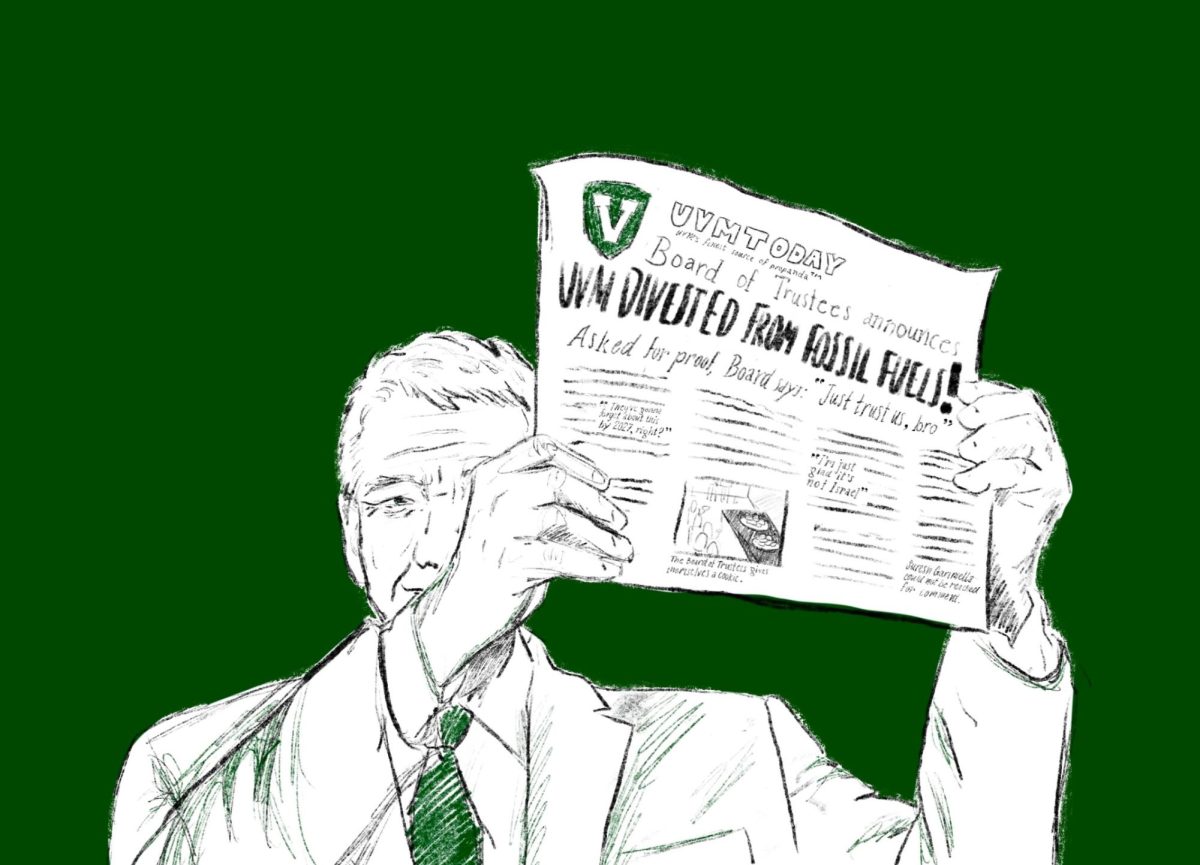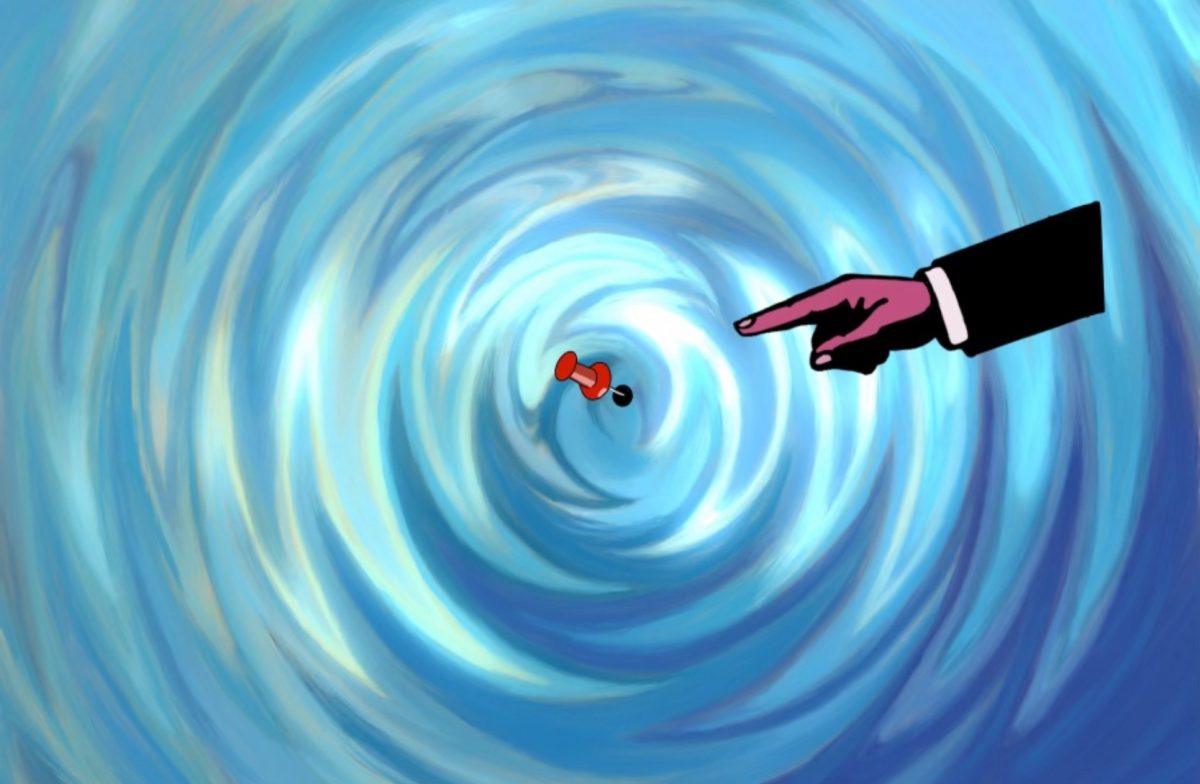In his final literary testament to the meaning of life, Island, Aldous Huxley prescribes a mode of living aimed at fulfilling one’s existence on earth. His vision is what theologians may call the “messianic age,” what political theorists may call a “utopia,” and what psychologists may refer to as very good mental hygiene.
Huxley’s argument is so convincing because he doesn’t ignore the influencing forces of the modern era over the sovereignty of the individual and community, such as political systems, religious institutions, and materialism and its subsequent forces of advertising. He embraces such forces within some of his characters in the island community.
Huxley’s island community is built of indigenous Pacific Islanders and western expatriates searching for a better life built from self acceptance and compassion, showing how the modern and the Huxlian interact and can influence each other. However, the island society is ultimately destroyed by the military force of modernity, rather than structurally changed through assimilation of current practices of the modern world that the people of Pala deem beneficial.
Huxley’s community of Pala can be understood by one basic pillar of its belief system, the absolute obligation and responsibility of parents and the community to provide a loving and economically stable upbringing for their progeny. Each human brought into this world has the inalienable right to a loving family and community that recognizes the infinite potential in each individual, thus fostering reciprocity, for that grounded individual can now contribute to the recognizing in potentiality of others.
From this omniscient aerial view of human civilization and its systems, over mental well-being of the group and the individual, and over the range of relationships between the mind and the body, the Huxlian truth critiques and prescribes how to live life with constant meaning.
In Island, we witness extensive networks of close human relations, group solidarity fostered by the communal ritual eating of the conscious expansion moshka medicine which is provided by the government on a monthly stipend. We also see the effect of hormones and encouragement of openness in sexual relations to relieve natures call- with birth control being distributed as well- and the awareness of the irreducible responsibility to exercise the mind and body to create proper health while we walk upon this earth for the extent of our lives.
What sort of morality is manifest in a dogma that preaches life but fails to hear, feel and see the call to responsibility of those lives that they so sanctify? What if Bush somehow ingested some moshka medicine? I often wonder at the horror that would suddenly strike his heart, a heart that has neglected to feel the plight of those his policies affect, and a conscious that is blind to a lucid, all encompassing, view of what is actually taking place today that he has power to change for the better of world. Without these realizations, the world is truly a threat to the individual.
So go consult Sir Aldous and decide what you can do to help yourself and those around you in this troubled age.






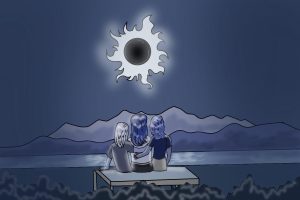




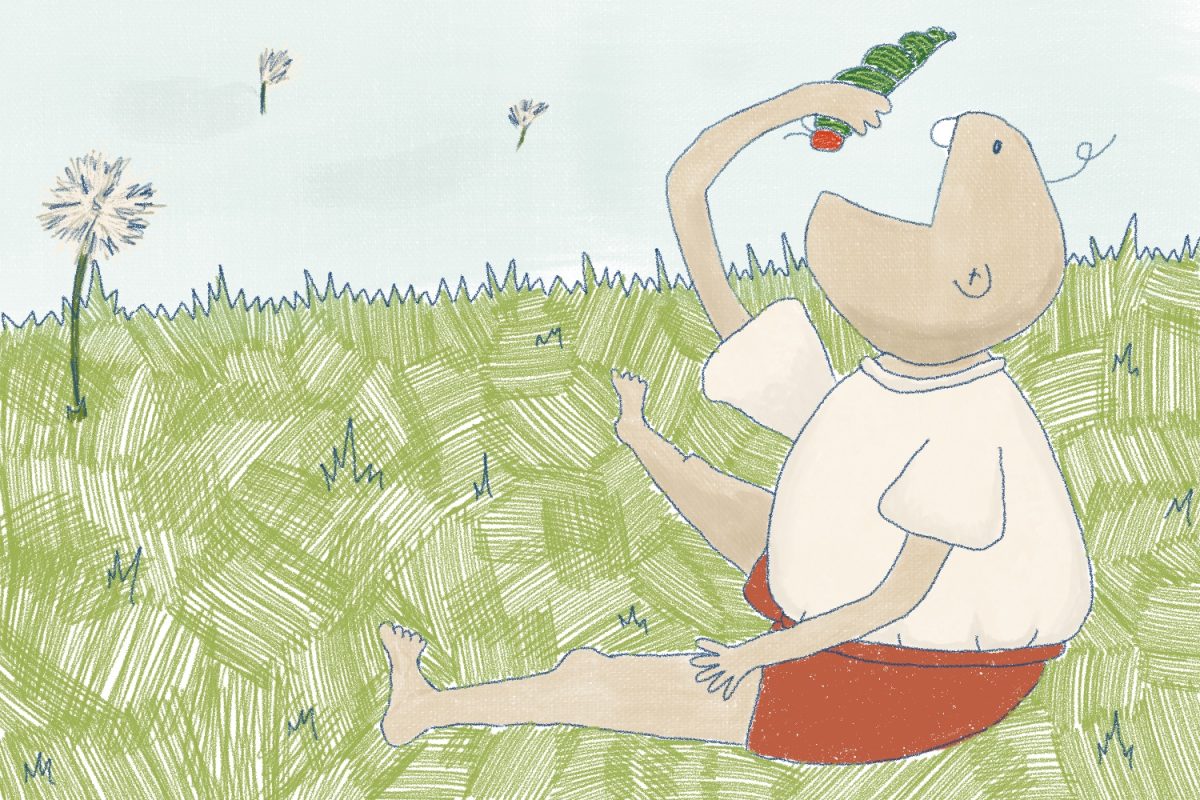
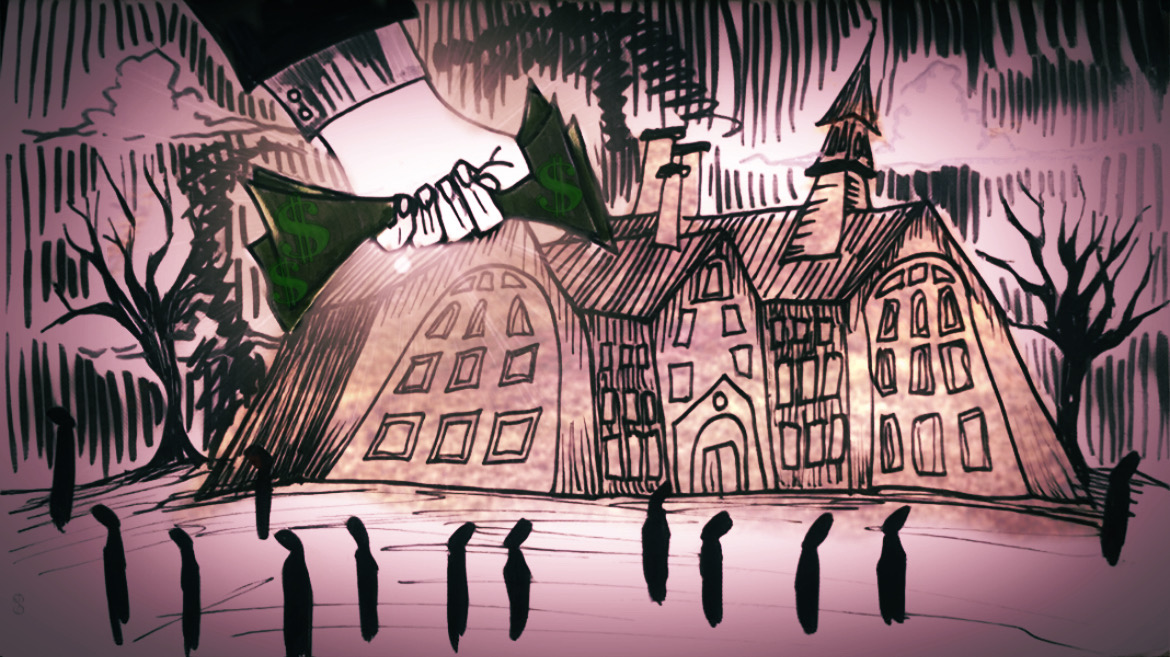
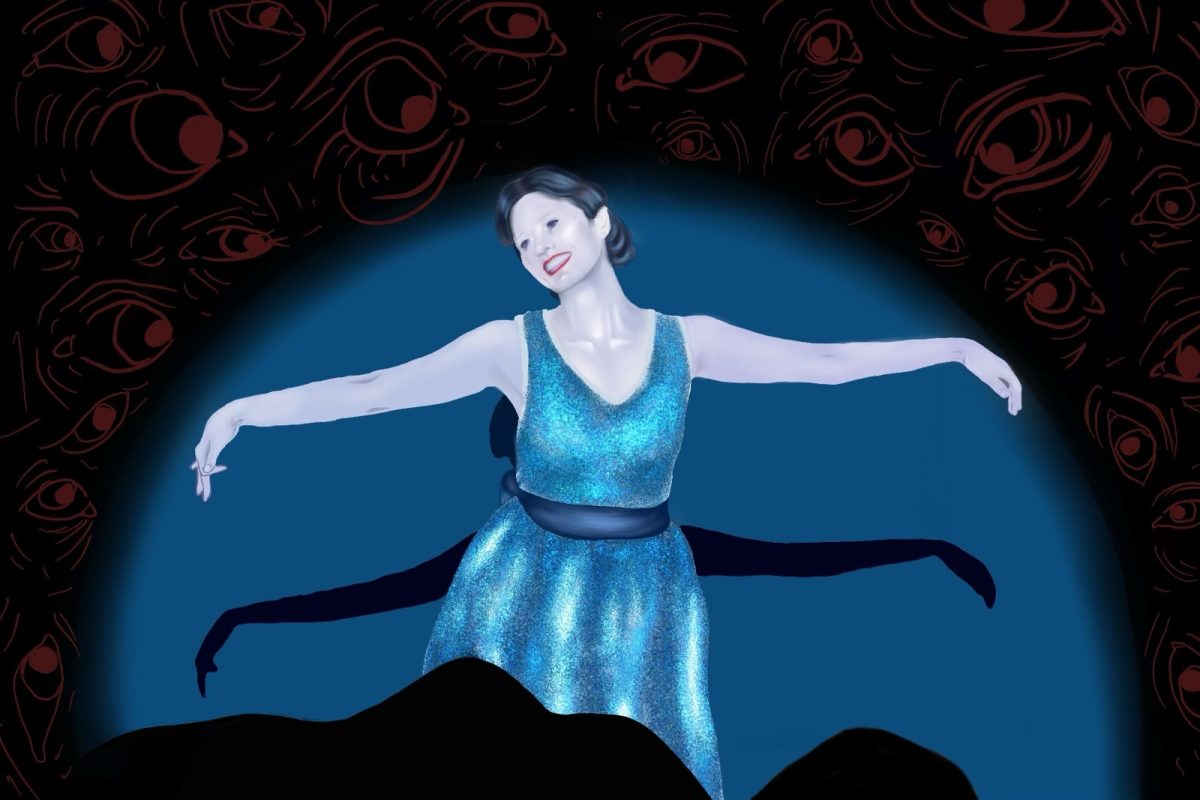
![Can’t buy me [self] love](https://vtcynic.com/wp-content/uploads/2024/04/self-care-FINAL-1200x796.jpg)
